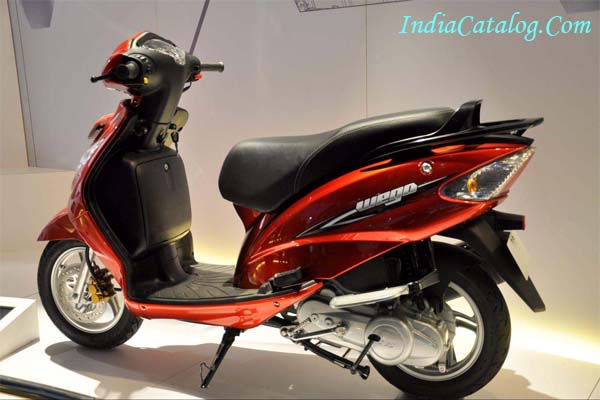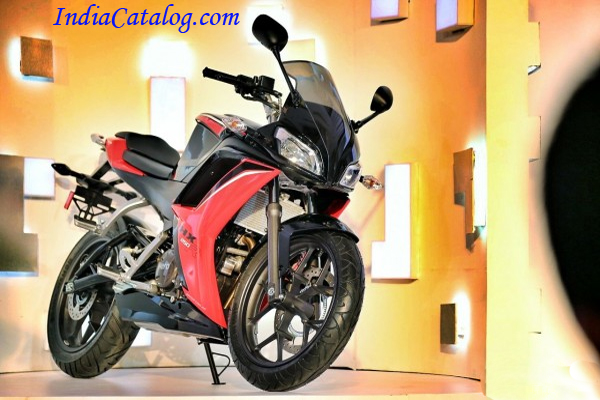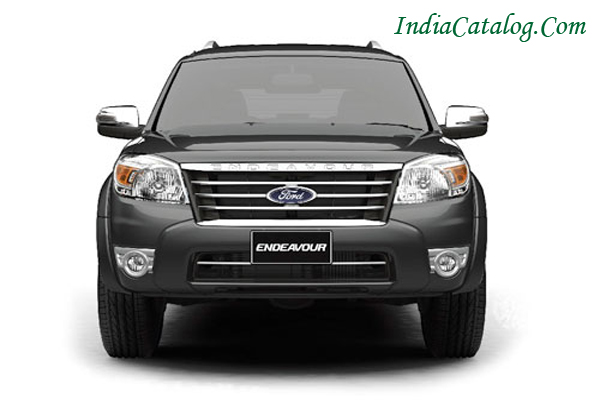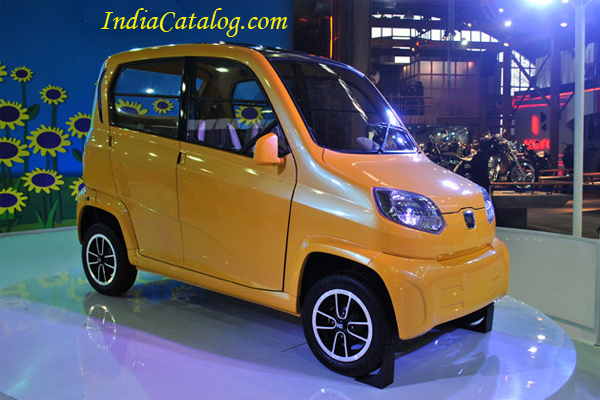PV sales rise 3.9% in April; two-wheelers down 16.7% on high base
.webp)
Passenger vehicle wholesales got off to a positive start in fiscal 2025–26, registering nearly 4 per cent growth in April to 348,847 units.
Data released by the Society of Indian Automobile Manufacturers (SIAM) showed that two-wheeler performance disappointed in April — dropping by 16.7 per cent to 1.45 million units. Three-wheelers, which had been posting good growth numbers during 2024–25, also saw a marginal decline in dispatches — down by 0.7 per cent to 49,441 units.
Rajesh Menon, Director General, SIAM, said that the PV segment posted its highest ever April sales of 348,847 units, growing by 3.9 per cent vis-à-vis April 2024. Menon added that the two-wheeler segment’s decline was due to the high base effect of April last year and is expected to pick up in the coming months.
“Auto industry smoothly transitioned to the new regulatory regime of 2nd stage of On-Board Diagnostics (OBD) 2 regulation for two- and three-wheelers from April 2025 onwards, in addition to rolling out E20-compliant gasoline vehicles across the country from this month,” he added.
Within PVs, sales of passenger cars continued to decline, dropping by 5.4 per cent in April, while utility vehicles (UVs) grew by 12.1 per cent to 201,062 units. This break-up does not include Tata Motors sales.
JSW, Kia and Toyota Kirloskar Motor have posted strong growth in domestic PV sales, while Hyundai Motor India, Maruti Suzuki India and Nissan have registered growth in exports. PV exports shot up by 20 per cent in April amid geopolitical tensions.
Tarun Garg, Chief Operating Officer, HMIL, said earlier this month that the domestic market "continues to face headwinds on account of various macro-economic factors" and that the company continues to strongly focus on exports.
In two-wheelers, motorcycle dispatches have suffered the most, declining by 22.7 per cent, while scooter sales declined by 5.7 per cent.
Bajaj Auto and Hero MotoCorp saw a strong decline in sales in April — falling by 13 per cent and 44 per cent respectively. Hero had said earlier this month that it had paused production in its four facilities from 17–19 April to facilitate supply-chain alignment and undertake scheduled maintenance and infrastructure enhancement. Normalisation is expected in May, it had said.
The Federation of Automobile Dealers Associations (FADA) had indicated last month that while two-wheeler dealers anticipated a boost from festive buying and wedding season demand, they remained wary of rising OBD-2B costs, weak rural liquidity, and mounting competition from electric vehicles.
Two-wheeler exports overall were up by nearly 15 per cent in April.
Interestingly, in the three-wheeler segment, electric rickshaw sales fell sharply by 36.5 per cent in April, while passenger carrier sales grew by a modest 2.2 per cent.

.webp)
.webp)
.webp)
.webp)
.webp)
.webp)
.webp)
.webp)
.webp)
.webp)













